If you’re not a stranger to Nature’s Garden - you know we’re all about harnessing the nutritional power of plants for a convenient and delicious, functional snacking experience. Did you know that in each of our curations, nuts are carefully selected for their scientifically proven benefits? Some of these nuts are amazing for your digestive wellness. Let’s explore how these fiber filled, vitamin and mineral powerhouses aid our digestion.
How Can We Improve Our Digestion?
We’ve all experienced stomach issues at least a few times in our lives. Whether it’s the pangs that come in after a big meal, or the heartburn that follows a saucy-delight or the uncomfortable sleep that follows a late-night treat- digestive issues come in various shapes and sizes- even without underlying digestive health issues such as reflux or IBS. Here are some tips and tricks to ensure our stomach issues are few and far in between, and most importantly- avoidable!
Whole Foods for The Win!
We all know that even at a grocery store, promoting natural and healthy foods and snacks, it’s becoming increasingly harder to escape refined carbs and saturated fat and chemical additives. Many researchers have shown that these processed foods and snacks have negative effects on our gut microbiome- a delicately balanced flora containing good and bad bacteria, which aids in our ability to absorb nutrients, minerals and vitamins from our foods for optimal wellness. Eating minimally processed whole foods such as fruits, vegetables, and nuts goes a long way in helping ensure this balance is kept for optimal digestive wellness.
Fiber for Optimal Digestive Health
At this point, we’ve all heard that fiber=good digestion. But why exactly? According to the Mayo Clinic here are some of the ways fiber improves our digestion and overall health:
What is Fiber?
Fiber is made up of the indigestible parts of plant-based foods. Unlike the macronutrients like proteins, fats, and carbohydrates that the body breaks down during their passage through the digestive tract- fiber goes undigested. There are two types of fiber: soluble and insoluble- each shown to aid digestion in different ways.
- Soluble Fiber: Dissolves in water to form a gel-like substance. Helps lower bad cholesterol (LDL) and blood glucose. Oats, beans, citrus fruit, apples, and barley are a few examples of food high in soluble fiber.
- Insoluble Fiber: Found in whole-wheat flour and bran, legumes, cruciferous vegetables and potatoes, insoluble fiber rich foods aid in digestive system movement by adding bulk to stool.
How Does Fiber Help Digestion?
- Promotes Regular Bowel Movements: Dietary fiber adds bulk to stools, making them easier to pass and reducing constipation risk.
- Maintains Bowel Health: High-fiber diets may lower the risk of hemorrhoids, diverticular disease, and colorectal cancer.
- Lowers Cholesterol: Soluble fiber in foods like beans and oats can lower LDL or bad cholesterol and benefit heart health.
- Controls Blood Sugar: Fiber, especially soluble fiber, can slow sugar absorption and improve blood sugar levels, reducing diabetes risk.
- Aids in Weight Management: High-fiber foods are filling, helping control appetite and calorie intake, increasing satiety and supporting healthy weight.
- Promotes Longevity: Increased dietary fiber intake, particularly cereal fiber, is linked to reduced risks of cardiovascular disease and cancer mortality.
Which Nuts Help with Digestion and Gut Health?
Discovering the right foods that help in digestion and optimizing our gut health is crucial for overall wellness. When it comes to snacking, it might be hard to find tasty yet wholesome options that achieve just that. At Nature’s Garden, we’ve invested heavily into understanding all things nuts and seeds. Let’s delve into the world of nuts and explore which varieties offer specific advantages for digestion and gut health."
Nuts and Their Role in Digestion
Walnuts are a great source of fiber, which is essential for good digestion. They also contain omega-three fatty acids, which can help reduce inflammation in the digestive tract.
Almonds are another great source of fiber, and they also contain a type of healthy fat called monounsaturated fat. This type of fat can help improve digestion by keeping the walls of the intestines lubricated.
Pistachios are a good source of both fiber and protein, both of which are essential for good digestion. They also contain a type of antioxidant called lutein, which can help protect the digestive tract from damage.
Cashews are a good source of both fat and protein, and they also contain a variety of vitamins and minerals that can help improve digestion. For example, they're a good source of copper, which is necessary for the production of stomach acid.
Pecans are rich in healthy fats, fiber, vitamins, and minerals. Due to pecans' high fiber content, they facilitate regular digestive movements.
These are just a few of the best mixed nuts for digestive health. The best nuts for easiest digestion are cashews, walnuts, and almonds- for their array of vitamins, minerals, and their combination of insoluble and soluble fiber. If you have digestive issues, some nuts high in fiber can help you improve your digestive health. So next time you're looking for a snack that will help keep your digestive system on track, be sure to mix it up with a healthy portion of nuts!
Consider checking out Nature’s Garden's many carefully curated trail mixes with delightful nuts, seeds and dried fruit that bring taste, wellness, and convenience all in one snack.

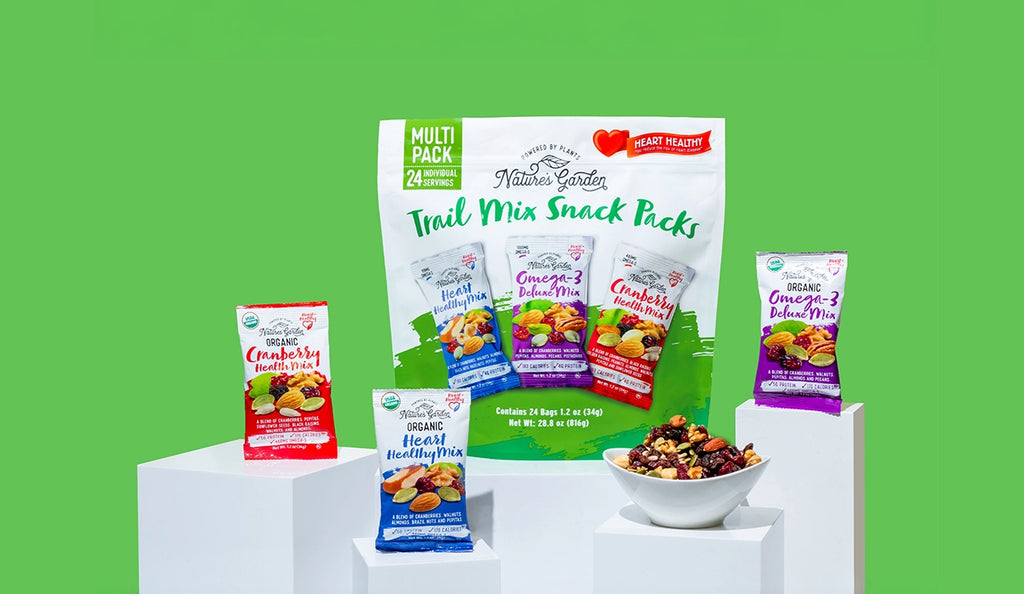

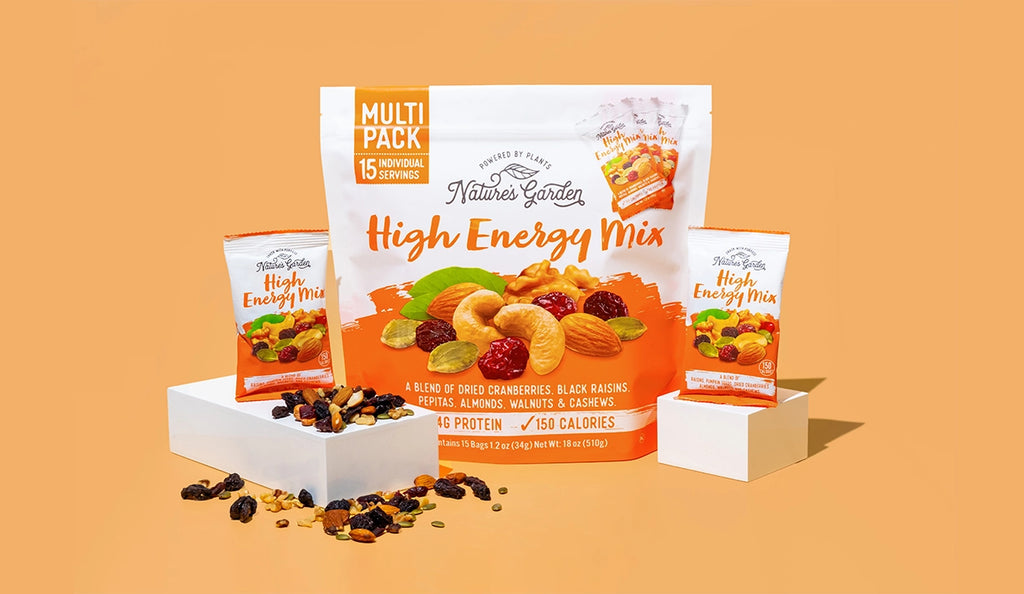
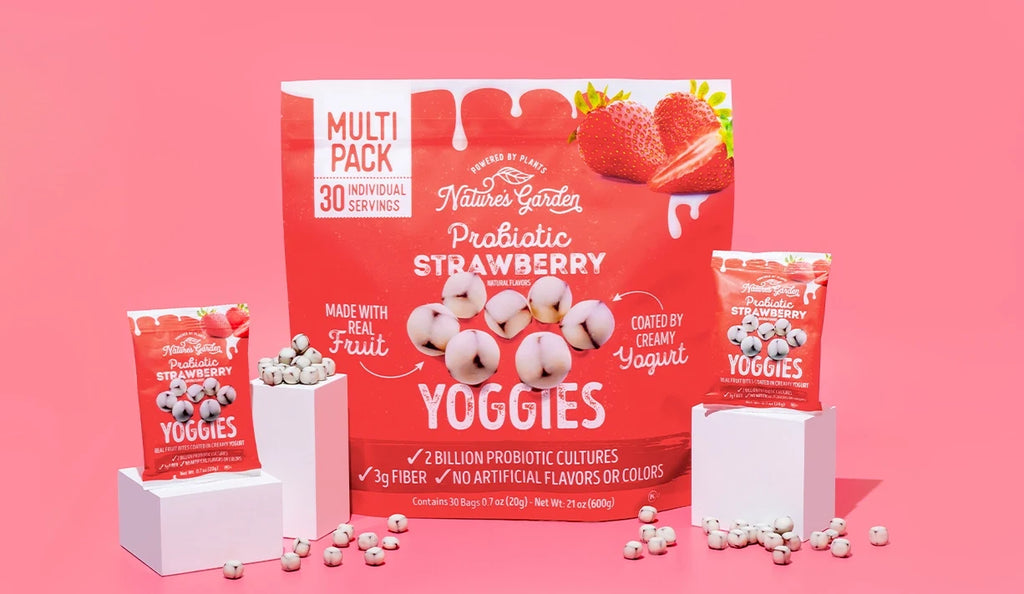

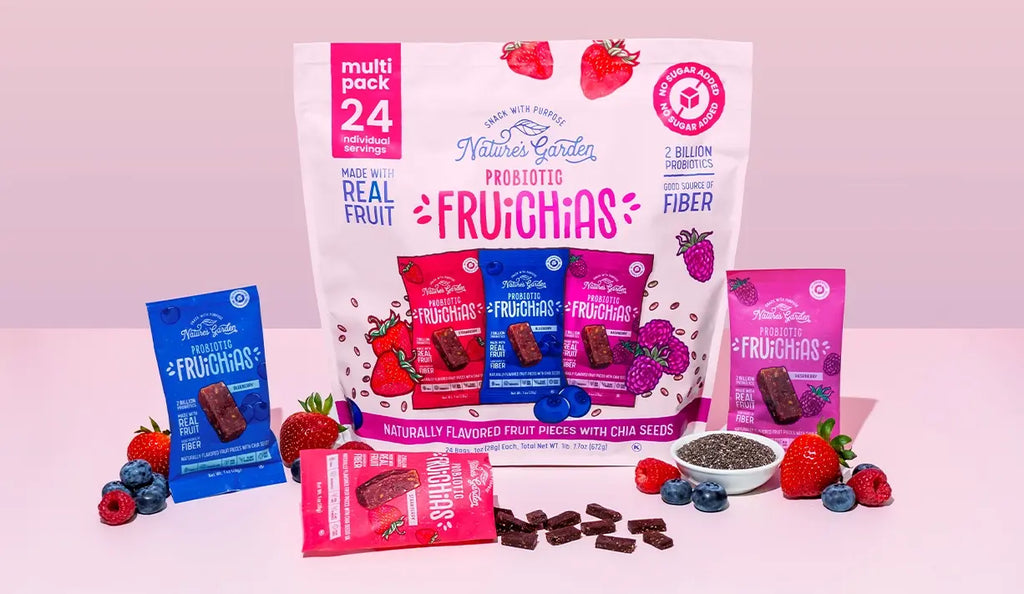
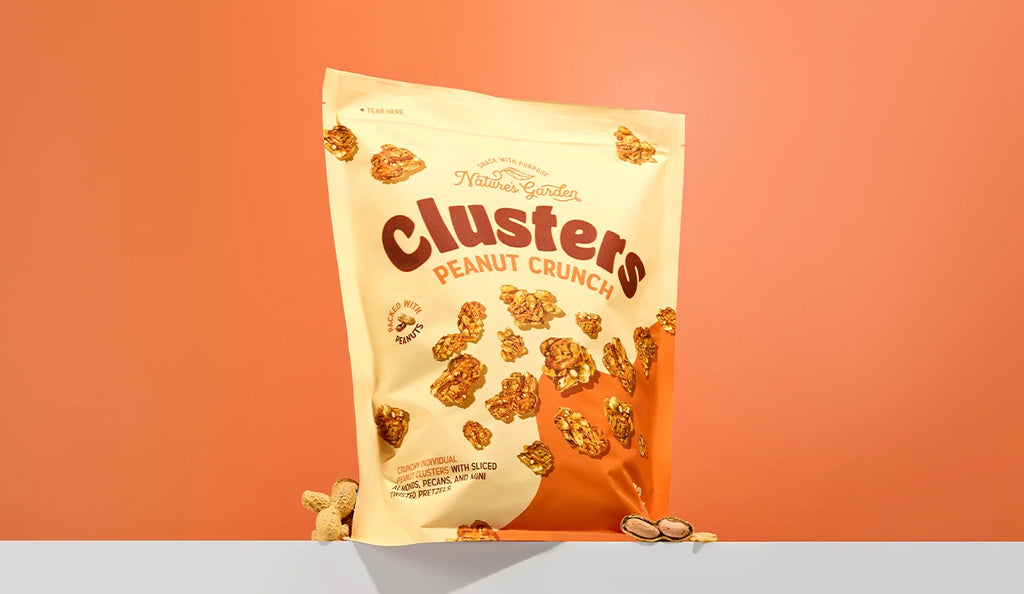
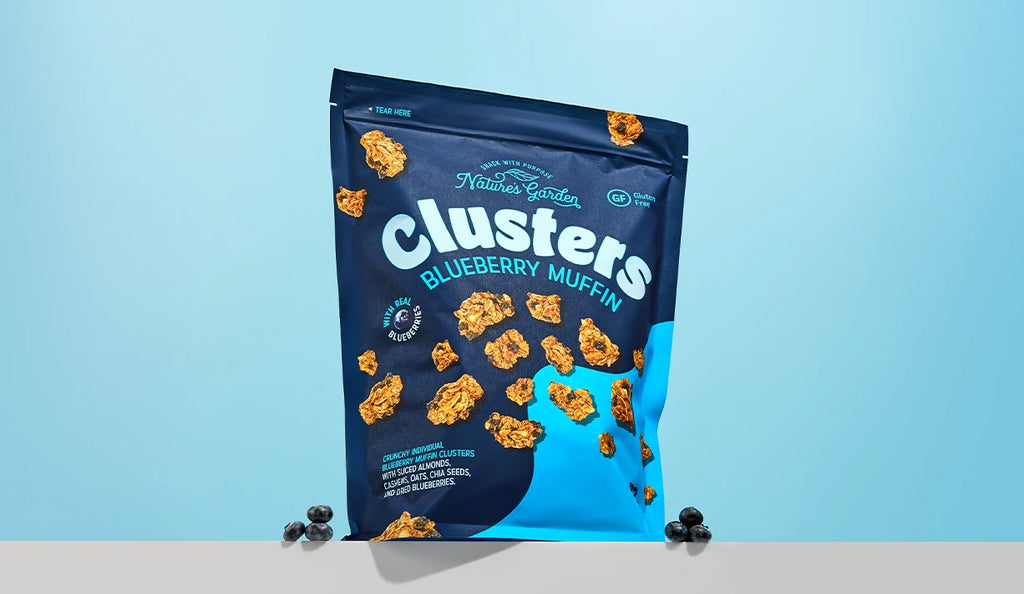







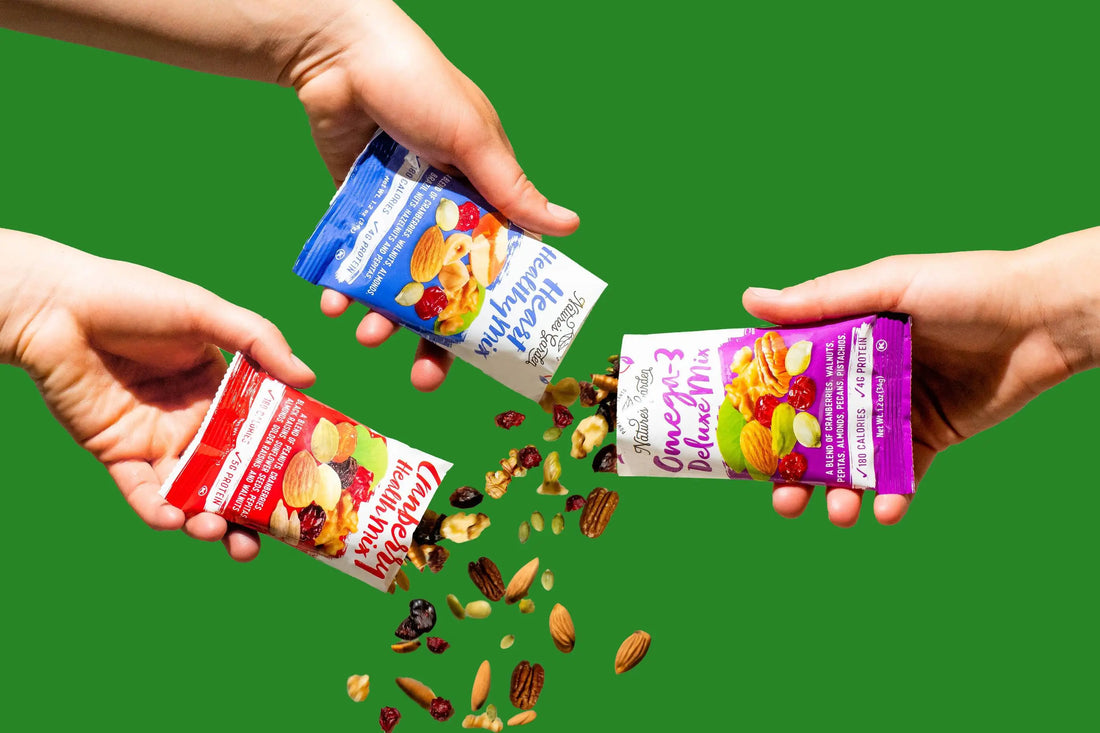

1 comment
Pecans are my favorite nut.